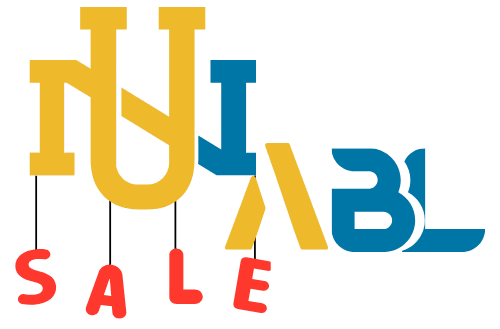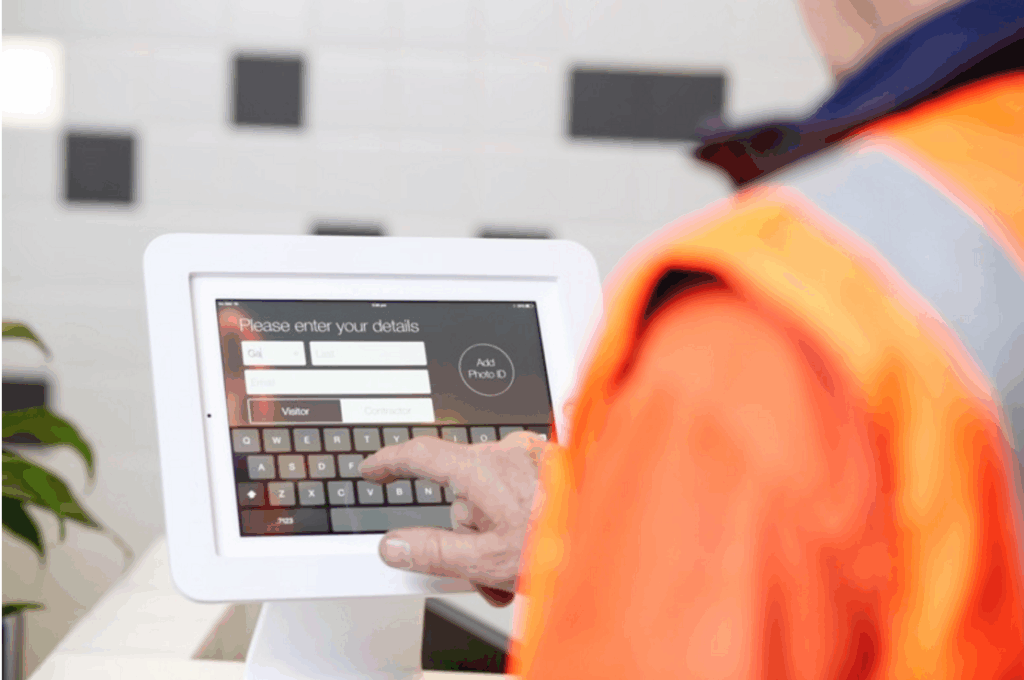It is now more important than ever to create a professional, secure, and efficient workplace. In order to achieve this, it is important to manage visitors properly. Every organization, from small startups to large corporations, interacts regularly with clients, contractors, and guests.
A robust visitor management system will change the way you manage these interactions. This is a great way to improve security, streamline daily operations, and give a better customer experience. Let’s look at why your business requires visitor management software in this article.
Improve Workplace Security
No matter what size or type of business you have, security is always a priority. The traditional visitor logbooks were once the norm, but they pose serious risks. Handwritten records can be prone to mistakes, are difficult to read and manipulate, and leave gaps in security protocols.
Visitor Management Software
Eliminates these vulnerabilities through the digitization of the check-in procedure. It records accurate visitor information, including names, contact details, and the purpose of the visit.
Modern systems integrate security features such as facial recognition, ID scanning, and background checks. These tools enable businesses to screen customers in real time, identifying any potential threats before they enter their facility. In industries that handle sensitive data, such as finance or healthcare, being able to verify identities instantly can help prevent unauthorized access.
Streamlining operations
The backbone of any successful business is efficiency. Manual visitor management, such as the use of paper sign-in forms or verbal check-ins, is time-consuming and subject to human error. Staff must manually enter details, manage badges, and coordinate with hosts. This can create bottlenecks and disrupt workflows, particularly during high visitor traffic hours.
The software simplifies the process of checking in guests via mobile apps or self-service kiosks. Visitors can register online and receive QR codes to enter seamlessly. They will also be notified automatically by their hosts upon arrival. The receptionists can focus on more important tasks as they are not burdened with the same amount of work.
Software can generate reports in real time on visitor traffic. This helps businesses to optimize their staffing and allocation of resources. This level of automation is ideal for organizations that host frequent events or meetings. It ensures smooth operation and minimizes delays.
Making a Professional First Impression
First impressions are important, and the first interaction that visitors have with your business can set the tone for their future interactions. Untidy reception desks with a worn-out logbook and a long manual check-in can make guests feel frustrated or unappreciated. A sleek, tech-driven system for check-in signals professionalism and modernity.
These small touches create a polished experience that reflects your company’s commitment to excellence. These small details create an experience that reflects the commitment of your company to excellence. Features like digital NDAs and pre-visit questions also ensure that visitors have all they need, reducing awkward delay times and improving their overall experience.
Ensure compliance
Compliance with regulatory requirements is becoming a major concern for all industries, but especially those that handle sensitive data or operate in highly regulated sectors. Visitor management software can help organizations maintain accurate, secure, and auditable visitor data.
Digital systems, unlike paper logs that can be lost or accessed by unauthorised individuals, store sensitive data in the cloud with encryption.
In healthcare facilities, for example, HIPAA regulations require strict control of who has access to patient areas. Software for visitor management can track visitors, restrict access to restricted areas, and ensure only authorized individuals are allowed into sensitive areas.
Data Privacy
In corporate settings, GDPR or similar data privacy laws require secure handling of personal data. A robust system will ensure that data collected from visitors is stored and deleted according to legal standards. This reduces the risk of expensive penalties.



